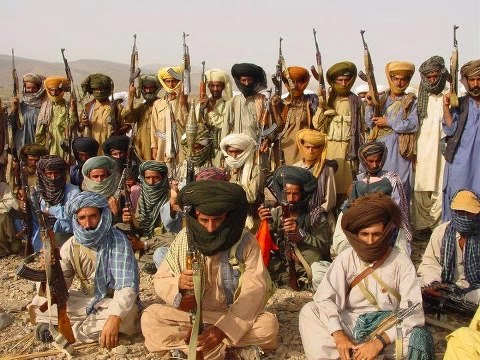WASHINGTON: US President Barack Obama told his staff in late 2011 that Pakistan could ‘disintegrate’ and set off a scramble for its weapons, claims a new book by David E. Sanger, chief Washington correspondent of The New York Times.
Excerpts from the book, published earlier this month, were highlighted by the US media but it assumed an added importance when US officials started asking Pakistani diplomats, visiting officials, lawmakers and even journalists to read the book.
This forced senior Pakistani diplomats to have a second look at the book and some of them also asked Washington-based Pakistani journalists to read the book and share their views with them.
The book identifies Pakistan as President Obama’s “biggest single national security concern” and it quotes Mr Obama telling his senior aides that he had “the least power to prevent” a possible disintegration of this nuclear-armed country. And he also could not control the scramble for Pakistani nukes that this disintegration would cause.
The book — “Confront and Conceal: Obama’s Secret War and Surprising Use of American Power” — also claims that every three months or so, the Americans tried to meet the Pakistani nuclear establishment, as discreetly as possible.The United States was represented by Thomas D’Agostino, head of the National Nuclear Security Administration, and Robert Einhorn at the State Department. Gen. Khalid Kidwai and his senior staff at the Strategic Planning Director represented Pakistan.
Because of huge Pakistani sensitivities, the meetings were never announced, and to avoid discovery and the inevitable questions that would follow, they took place in cities where the participants could slip in and out unnoticed, from London to Abu Dhabi, the book claims.
One administration official told the author the process had impressed the White House with “how seriously the Pakistanis take nuclear security, perhaps more seriously than anyone else in the world”.
Nevertheless, US officials still feared things could rapidly spiral out of control if Pakistan ever imploded; an eventuality, he added, that “you can’t handle with better training and equipment”.
The book describes how in the first summer after he took office, President Obama was faced with the nightmarish scenario of having to hunt down a missing nuke in Pakistan. Mr Obama had been briefed about an “emerging intelligence picture” revealing that the Tehrik-i-Taliban may have gotten its hands on a nuclear weapon.
In a follow-up meeting, intelligence briefers told Mr Obama it was likely a “dirty bomb” — radioactive material that can be wrapped around conventional explosives that would cause low casualties but carry enormous psychological impact. The difference between a dirty bomb and a nuclear explosion were unbeknownst to most, including some of the American officials themselves, the book notes.
Mr Obama dispatched his senior officials to approach Pakistan on the issue, but they initially dismissed the report. Knowing he couldn’t afford to take any chances, Mr Obama ordered his nuclear detection and disablement team to travel to the region in case it needed to be searched.
Ultimately, Pakistani officials responded and said they conducted a search that decisively concluded nothing was missing from their arsenal. But peering into the nuclear abyss so early in Obama’s presidency, one official told the author, created “a lasting impression on all of us”.



Comments
Post a Comment